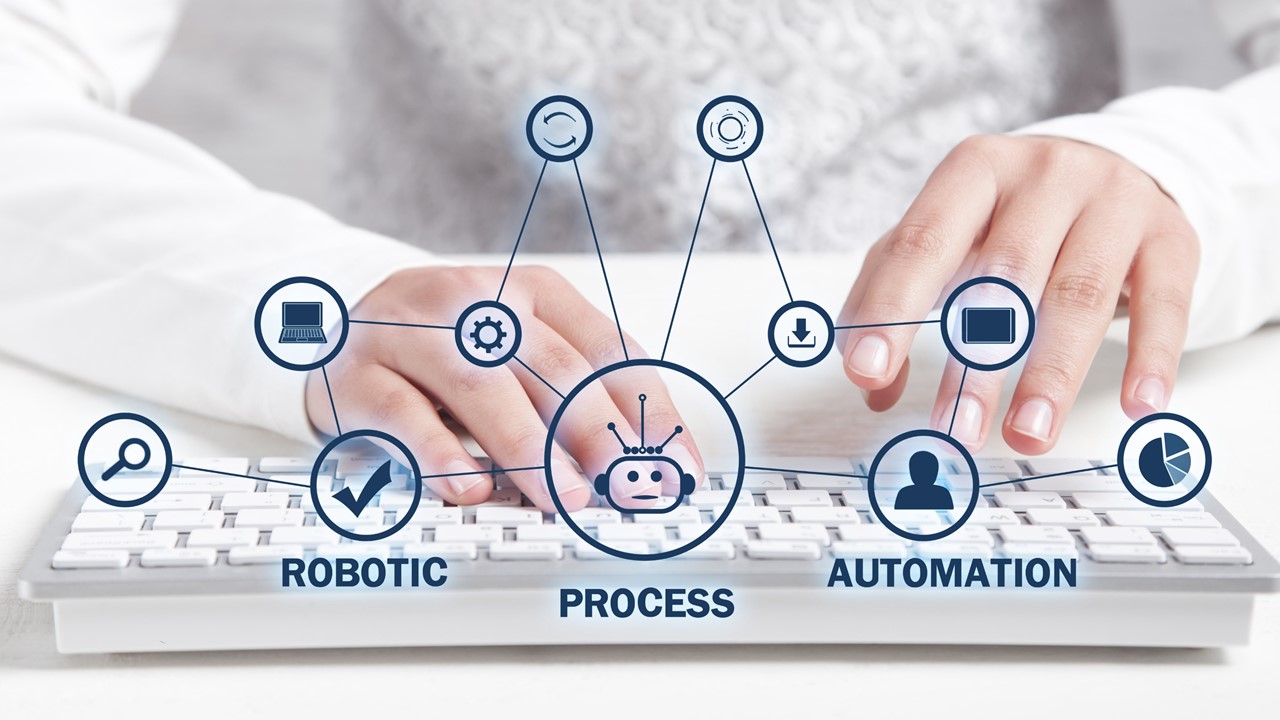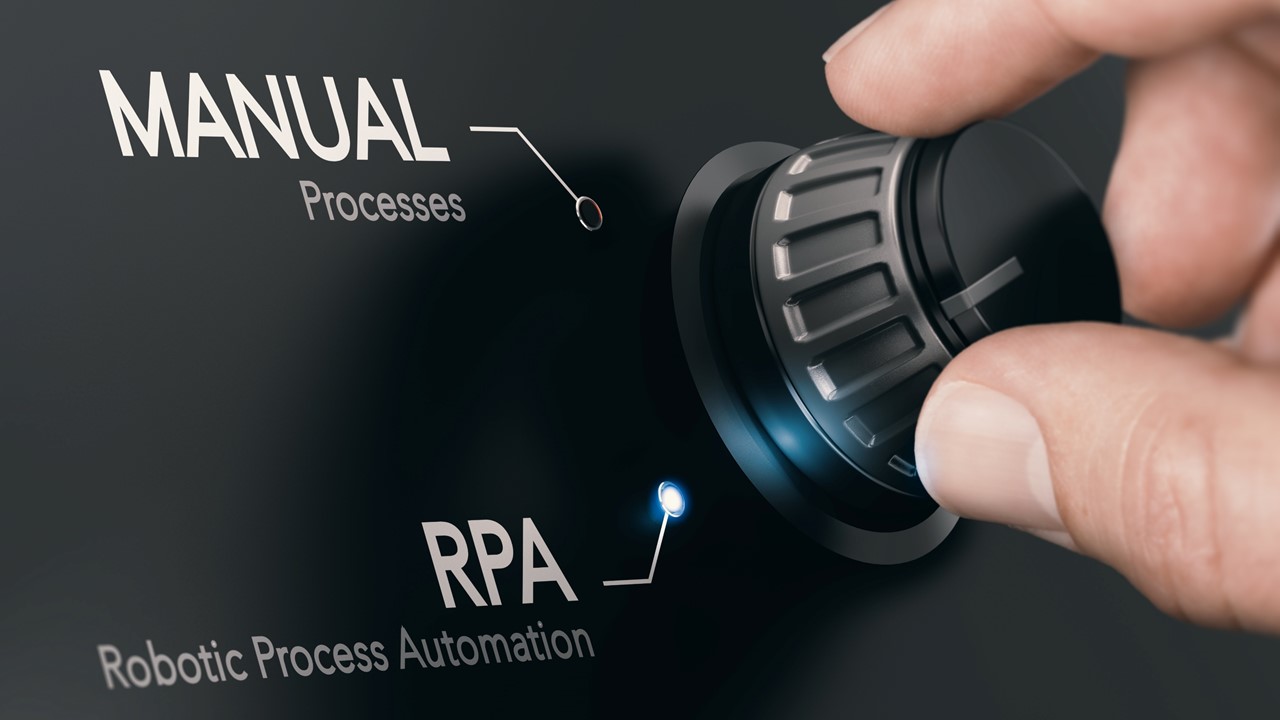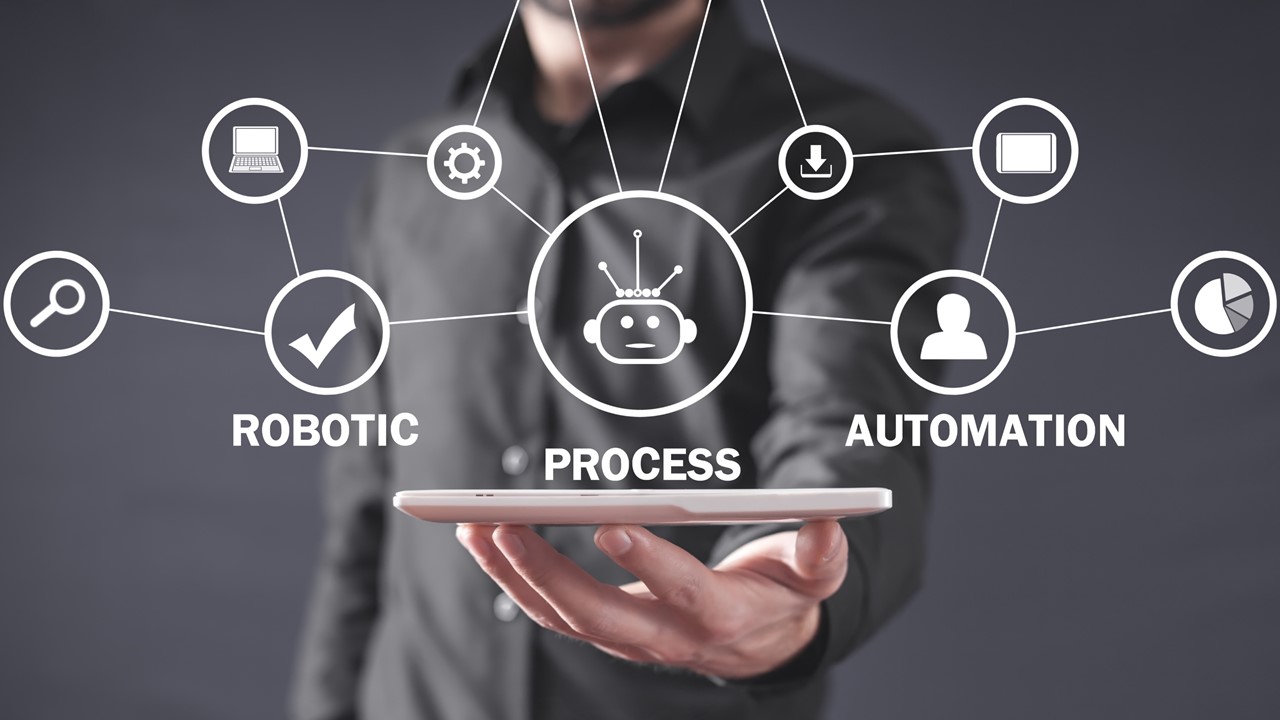Process mining is a technique that uses data mining algorithms to extract knowledge from event logs of information systems. It allows organizations to analyze their business processes, identify inefficiencies and potential bottlenecks, and improve their overall performance. Process mining can play a significant role in business process management (BPM) by providing the following benefits: Process […]
Continue Reading
UiPath is a leading provider of Robotic Process Automation (RPA) software, which helps automate routine tasks by mimicking the actions of a human being. The UiPath framework is a set of guidelines and best practices for building automation workflows in UiPath Studio, the software development environment for creating RPA solutions. The framework includes several key […]
Continue Reading
Robotic Process Automation (RPA) is a type of software that automates repetitive, rules-based tasks, typically performed by white-collar workers. The impact of RPA on white-collar jobs is complex and multifaceted, and it depends on a variety of factors, including the specific industry, the job function, and the level of automation involved. Here are some potential […]
Continue Reading
Adding logic to software robots involves defining the sequence of steps or actions that the robot should take to achieve a particular task or goal. Here are the general steps you can follow to add logic to software robots: Define the task or goal: Clearly define the task or goal that the software robot is […]
Continue Reading
A cognitive bot, also known as a cognitive computing bot, is an artificial intelligence program designed to simulate human thought processes. Unlike traditional bots that follow predetermined rules, cognitive bots use advanced algorithms, machine learning techniques, and natural language processing to understand and respond to user requests in a more intuitive and conversational manner. Cognitive […]
Continue Reading
Robotic Process Automation (RPA) has been gaining traction in the IT sector for its ability to automate repetitive and manual tasks. RPA technology uses software bots or digital workers to mimic human actions in a software application or system. In the IT sector, RPA is used for tasks such as data entry, data extraction, report […]
Continue Reading
Robotic Process Automation (RPA) is becoming increasingly popular in the field of Human Resources (HR) because it can automate repetitive, time-consuming, and error-prone tasks, freeing up HR staff to focus on more strategic and high-value activities. One example of RPA in HR is automating the employee onboarding process. Here’s how it might work: Application review: […]
Continue Reading
One example of a successful implementation of RPA is in the insurance industry, where companies are using RPA tools to automate their claims processing procedures. One such case study involves a major U.S. insurance company that was struggling with a high volume of claims and a long processing time, which was resulting in frustrated customers […]
Continue Reading
Robotic Process Automation (RPA) tools are software programs that can automate routine, repetitive, and rule-based tasks that are traditionally performed by humans. Here are some common uses of RPA tools: Data entry: RPA tools can automate the entry of data from one system to another, reducing errors and improving efficiency. Invoice processing: RPA tools can […]
Continue Reading